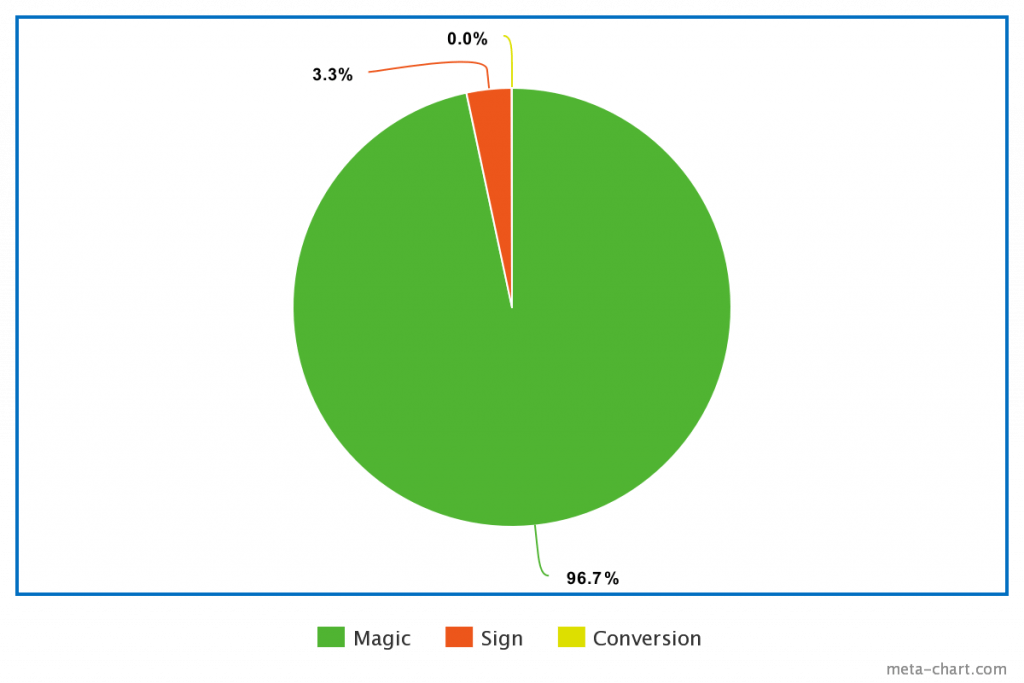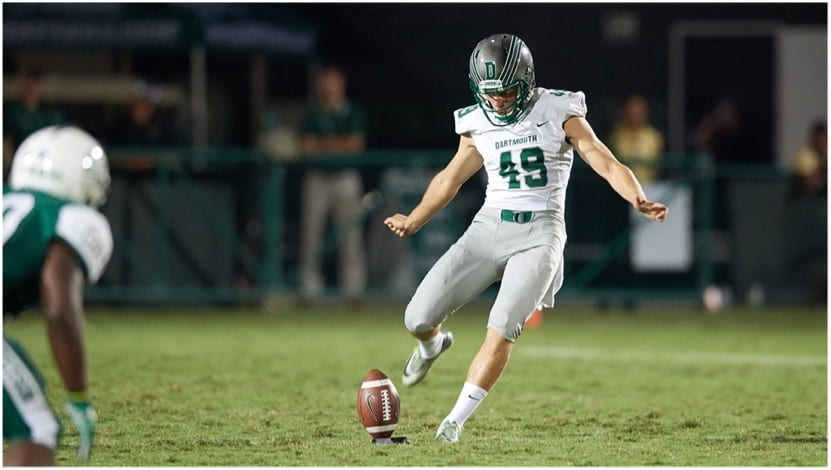General Information about Item:
• Ritual / Tradition
• Language: English
• Country of Origin: USA
• Informant: TBS
• Date Collected: 11/15/19
Informant Data:
TBS is a ‘23 from Portland Oregon on the Track & Field team. She has been on the team for three years and participates in the throwing events, specifically hammer and weight throw. She began competing in track and field her senior year of high school.
Contextual Data:
• Cultural Context: Dartmouth is one of eight colleges in the Ivy League. The Ivy League is a Division I athletic conference made up of colleges and universities all located in the eastern U.S. and extremely rigorous academically. The biggest competition each season for the track and field and cross-country teams that compete in this conference is the Heptagonal Championships, or HEPS for short. This meet is referred to as the heptagonal championships because there used to be only seven teams in the Ivy League. Throughout the years some schools left the league and others joined to create a total of the eight teams there are today, however the name of this championship stuck. This meet is the only one all year where only all eight teams compete against each other, and it is extremely important.
• Social Context: Although not every athlete on the team qualifies to compete at HEPS, the whole team comes together to send off those competing. It is important for overall team comradery and spirits going into the competition. It is also very common for all athletic teams to eat a meal together before competition so they can form deeper connections with their teammates.
Item:
• The tradition is that before the HEPS meet, the whole team comes together and has a team dinner at 53 Commons and does a team cheer at the end as a sendoff for those competing.
Associated Media File:
Informant’s Comments:
TBS says that before every big meet, specifically HEPS, the whole team sits at the “track team” table at 53 Commons and eats dinner together. At the end of the meal, one of the captains begins the team cheer and the rest of the team joins in and chants together. This is done in front of all the other people eating in the dining hall. While it can be somewhat embarrassing to draw attention to yourself by participating in the cheer, you know you are not alone because the whole team is participating in it. It is a great bonding experience and one that makes you feel really special and proud to be a part of the Dartmouth track and field team.
Collector’s Comments:
- As a newer member of the track and field team whose experience has been heavily impacted by the COVID-19 pandemic, this is not a tradition that I have been able to participate in yet. However, I am very excited to do this before the indoor HEPS this upcoming winter. The cheer is something that all new athletes on the team learn very soon after arriving on campus. This is a great example of verbal folklore because the author is unknown, it is passed down orally through generations, and it doesn’t have any true meaning other than for the team itself. The team dinner is also important because of the bonding it encourages between event groups and upper/underclassmen.
Collector’s Name:
Madyson Buchalski










